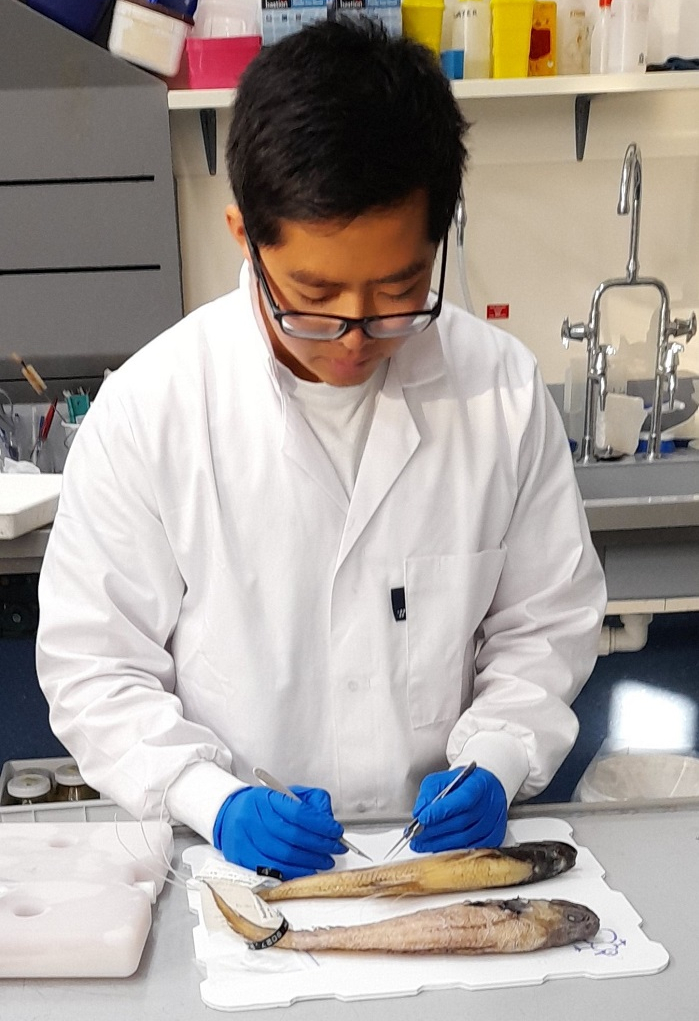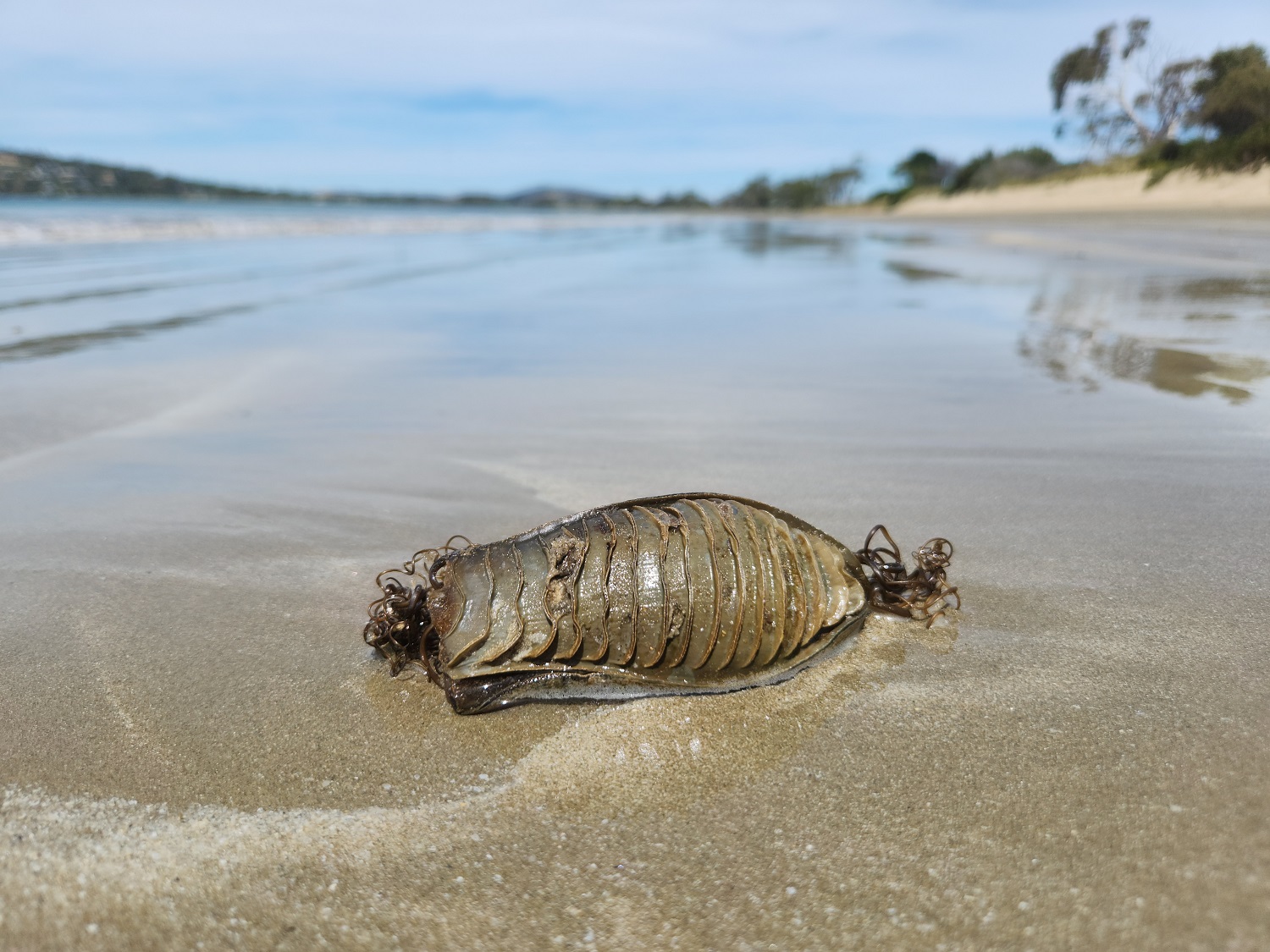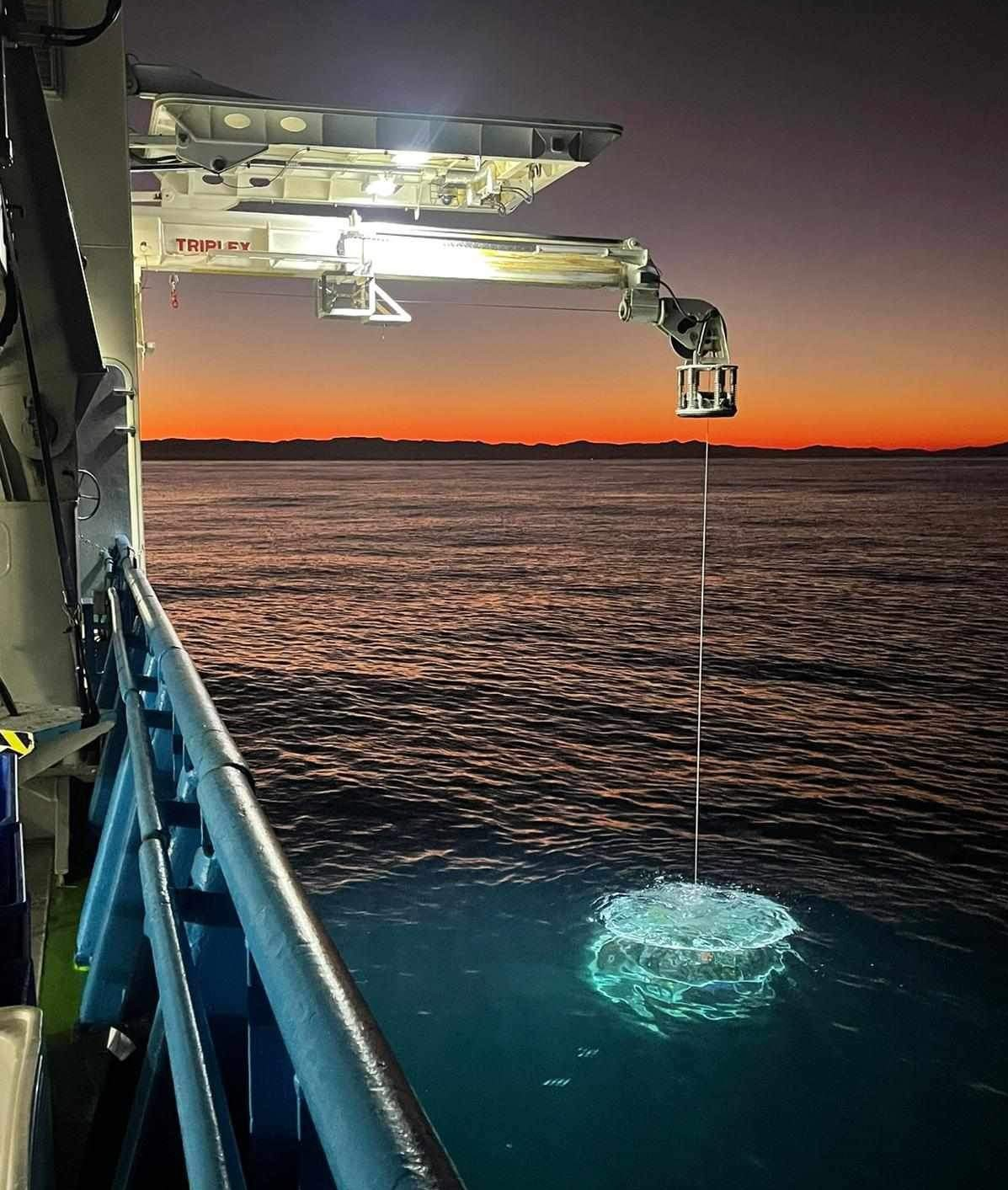The National Biodiversity DNA Library

CSIRO is building a National Biodiversity DNA Library (NBDL) which aims to deliver a complete collection of DNA reference sequences for all known Australian animal and plant species. ANFC is a major contributor to the NBDL’s marine vertebrate campaign and has sourced and contributed more than 4000 tissues and DNA from Australian marine fishes, which will contribute sequence information for Australia’s important marine species.
Monitoring ecosystems
With collaborators at the South Australian Research and Development Institute (SARDI), ANFC is using metabarcoding of fish eggs and larvae to assess fish spawning areas and monitor changes in ecosystems.
In collaboration with NRM South, ANFC is working to improve the long-term prospects for Swan Galaxias, an endangered Tasmanian freshwater fish. ANFC is developing environmental DNA (eDNA) methods and carrying out an assessment of genetic diversity in the few remaining populations to inform translocations.
Taxonomy
ANFC publishes on the taxonomy of egg cases of oviparous (egg laying) sharks and developed the Australia arm of the Great Egg Case Hunt in collaboration with the UK’s Shark Trust to enable citizen scientists to record findings of shark, skate and chimaera egg cases in the field. This will enable scientists to learn more about shark, skate and chimaera biology, distribution and habitat usage.


Understanding biodiversity
ANFC is using eDNA samples taken from Research vessel (RV) Investigator voyages to evaluate how well eDNA can characterise biodiversity. This includes analysis of samples from Australia’s Indian Ocean Territories Marine Parks (IN2021_V04 and IN2022_V08) as well as from two South-East Australian Marine Ecosystem Survey voyages (see NESP eDNA Project 4.23).
ANFC is investigating epigenetic variation in the genomes of various fishes. Epigenetic variation arises from modifications to DNA that do not change the underlying DNA sequence but can still impact the biology of the organism. ANFC is looking at the role of DNA methylation in adaptation of shark species and in an Environomics Future Science Platform project on Antarctic toothfish.
The National Biodiversity DNA Library
CSIRO is building a National Biodiversity DNA Library (NBDL) which aims to deliver a complete collection of DNA reference sequences for all known Australian animal and plant species. ANFC is a major contributor to the NBDL’s marine vertebrate campaign and has sourced and contributed more than 4000 tissues and DNA from Australian marine fishes, which will contribute sequence information for Australia’s important marine species.
Monitoring ecosystems
With collaborators at the South Australian Research and Development Institute (SARDI), ANFC is using metabarcoding of fish eggs and larvae to assess fish spawning areas and monitor changes in ecosystems.
In collaboration with NRM South, ANFC is working to improve the long-term prospects for Swan Galaxias, an endangered Tasmanian freshwater fish. ANFC is developing environmental DNA (eDNA) methods and carrying out an assessment of genetic diversity in the few remaining populations to inform translocations.
Taxonomy
ANFC publishes on the taxonomy of egg cases of oviparous (egg laying) sharks and developed the Australia arm of the Great Egg Case Hunt in collaboration with the UK’s Shark Trust to enable citizen scientists to record findings of shark, skate and chimaera egg cases in the field. This will enable scientists to learn more about shark, skate and chimaera biology, distribution and habitat usage.
Understanding biodiversity
ANFC is using eDNA samples taken from Research vessel (RV) Investigator voyages to evaluate how well eDNA can characterise biodiversity. This includes analysis of samples from Australia’s Indian Ocean Territories Marine Parks (IN2021_V04 and IN2022_V08) as well as from two South-East Australian Marine Ecosystem Survey voyages (see NESP eDNA Project 4.23).
ANFC is investigating epigenetic variation in the genomes of various fishes. Epigenetic variation arises from modifications to DNA that do not change the underlying DNA sequence but can still impact the biology of the organism. ANFC is looking at the role of DNA methylation in adaptation of shark species and in an Environomics Future Science Platform project on Antarctic toothfish.
